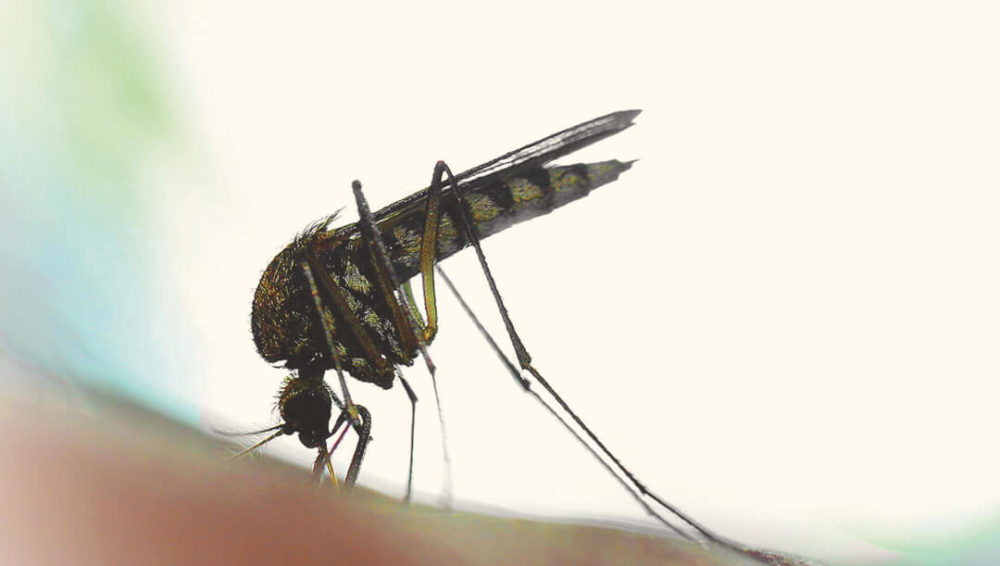Zika virus during pregnancy
Yourself

Zika virus infection during pregnancy can cause microcephaly, whereby babies are born with underdeveloped heads and brain damage. Usually, only mosquitoes in tropical countries can carry the dangerous virus.
What is Zika?
Zika is a virus that is spread primarily by an infected Aedes mosquito. For most people, it is a very mild infection and isn’t harmful. However, it can be dangerous for pregnant women and those trying to conceive. It is also very dangerous for babies.
How is Zika transmitted?
The main form of transmission is mosquito bites, but some cases have occurred through sex with an infected partner. There is also evidence of transmission from mother to child during pregnancy.
Why is Zika a concern during pregnancy?
If you’re pregnant and infected with the Zika virus, you can pass it to Your Child. However, this does not mean that if you are infected with Zika during pregnancy, your baby will definitely experience health problems. It simply means that babies whose mothers are infected with Zika during pregnancy have an increased risk of birth defects.
How does the virus harm a baby?
The effects can be devastating. They include pregnancy loss or a baby born with an abnormally small head and brain — a condition known as microcephaly. In addition, microcephaly in babies can lead to respiratory problems related to the malformation of the brain, a serious threat to the lives of babies.
However, the full spectrum of outcomes for infants infected with Zika is still being studied.
What are the symptoms?
Many people infected with the Zika virus won’t have symptoms, or they will only have mild symptoms, making it difficult for you to know who’s been infected. However, the most common symptoms of Zika are:
- Fever
- Rash
- Headache
- Joint pain
- Red eyes
- Muscle pain
Symptoms can last from several days to a week. If you’re diagnosed, it’s important to get plenty of rest and drink lots of fluids. Your doctor will probably order extra ultrasounds to monitor your child’s development.
Is there a vaccine?
Currently, there is no specific medicine or vaccine for the Zika virus. Scientists are working to create one, but it’s likely to be years before a Zika vaccine is available.
How can I protect myself from Zika?
Because there is no Zika vaccine and no medication, the best approach is to avoid getting mosquito bites, especially if you are living or traveling in a country where the Zika virus spreads. Try using insect repellents, wearing long-sleeved clothes, sleeping under a mosquito net, and installing window nets.
How do I get tested?
Your doctor can confirm whether you have Zika with a blood or urine test. However, a single negative test result doesn’t necessarily mean you don’t have Zika. Because the virus can linger in the body — infected men can carry Zika in their semen for six months — it’s likely your doctor will order three different tests to be sure of the diagnosis.
What happens if my test is positive or inconclusive?
Your doctor may retest you for Zika and possibly, do an amniocentesis to screen your child for Zika. You may also have to get regular ultrasounds for the rest of your pregnancy to check for signs of microcephaly and unusual calcium deposits in the skull.
How long does it take Zika to clear from my body?
No one really knows, but health authorities believe the virus will be gone from your body within six months.
Verified:
Dr. Wanwadee Sapmee Panyakat (OB-GYN) (22 February 2019)



